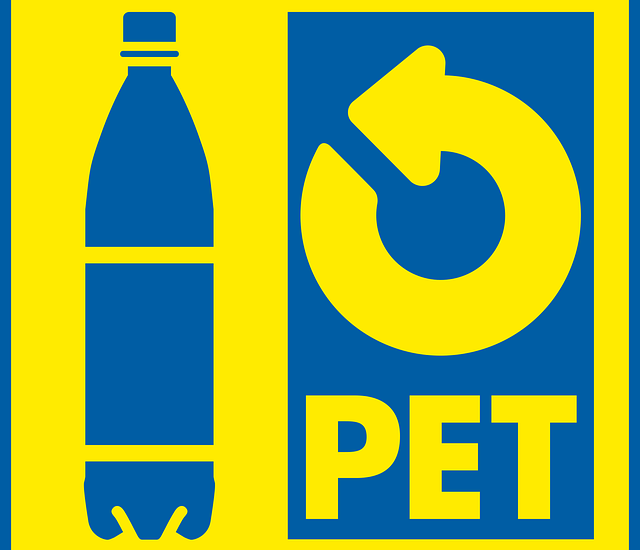EEA says better awareness of biodegradable, compostable plastics disposal would help tackle Europe’s plastics problem
- August 28, 2020
- Posted by: administrator
- Category: Environmental, Research Papers, Europe

A new European Environment Agency (EEA) briefing says clearer labelling and better public awareness will help to improve the correct disposal of plastics.
The EEA briefing Biodegradable and compostable plastics — challenges and opportunities provides an overview of plastics products like shopping bags, packaging or drinking cups that often are somewhat confusingly labelled as compostable, biodegradable, oxo-degradable and/or bio-based and what the terms mean.
Most plastics used today continue to be made from fossil fuels in a process that contributes to increased greenhouse gas emissions from their production, their use, through to their disposal.
Recycling rates also remain low and plastics continue to pose a threat to the environment, through littering, improper waste management, and the wear and tear of products contributing to microplastic contamination in the environment.
Plastics, including their chemical additives, can stay in nature for many years and potentially enter the food chain. In the wake of growing public demand, a number of manufacturers have introduced plastics that are considered bio-based, compostable or biodegradable. However, the market share for these types of plastics is only about 1 %.
Biodegradable and compostable plastics are supposed to reduce the pollution problem posed by plastics, however, they still need to be correctly disposed of, an important point often not well understood by consumers, the EEA briefing says.
For example, biodegradable and compostable materials can be broken down by microorganisms into water, carbon dioxide, mineral salts and new biomass within a defined period of time. However, many consumers may not know that the conditions in home composters and in the open environment are very different compared to industrial composting plants.
This affects the rate and extent of breakdown. Whether a biodegradable or compostable plastic item biodegrades, and how quickly that happens, strongly depends on the conditions it is exposed to during disposal, according to the briefing.
The briefing says that further improvements in their use and disposal would help make their use more effective as the market for such products is likely to grow in the years ahead. Further, in a circular economy, which the European Union is working towards through the European Green Deal, all plastics should be recycled into new plastics as a first step.
Click here to access the EEA Briefing
